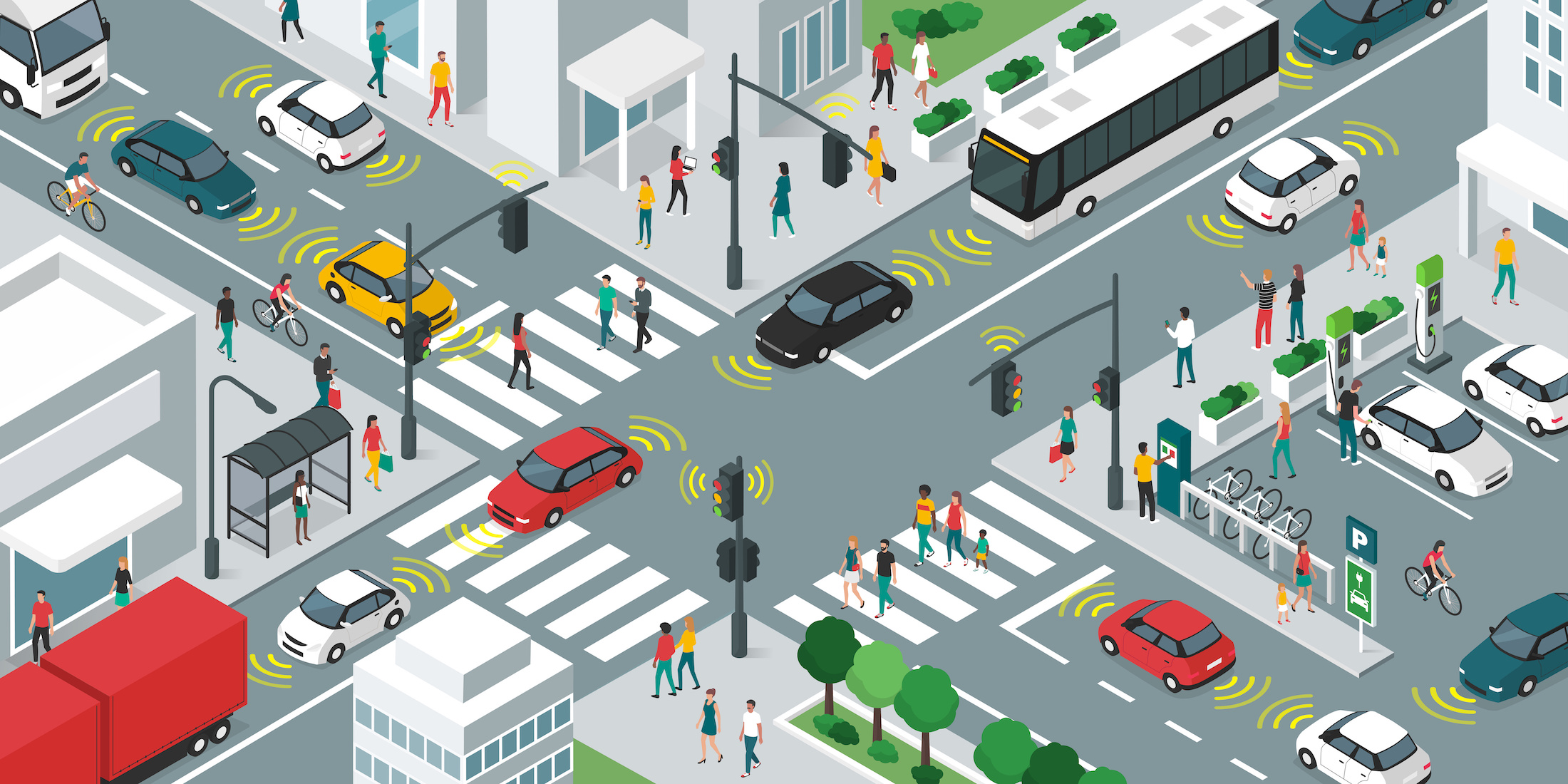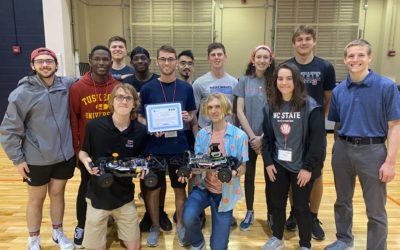Machine Learning and AI
Machine Learning and Artificial Intelligence (MLAI) is an interdisciplinary research area within ECE. It focuses on developing intelligent systems and algorithms that can learn from data, adapt to changing environments, and make autonomous decisions.
This includes deep learning and neural networks for solving complex problems, computer vision for interpreting visual data, natural language processing for language understanding and generation, reinforcement learning for sequential decision-making, data mining and pattern recognition for extracting insights from large datasets, machine learning hardware for efficient AI algorithms, ethical AI considerations, human-machine interaction, cybersecurity, and energy-efficient AI solutions.
Researchers in this field aim to advance AI technology, transform industries, and address societal challenges while ensuring responsible and ethical use.
Associated Labs/Centers
Primary Faculty

Embedded Machine Learning Club
The Embedded Machine Learning club raises awareness about Machine Learning (ML) by conducting outreach and to advance member knowledge and skills in ML with internal education.
It provides members a hands-on opportunity to gain technical and leadership skills, increase professional development, build career networks, and propel internship search, and provides impactful ML solutions to community partners including research groups and other club organizations in addition to hosting and participating in ML-related competitions.
New Technique Improves AI Ability to Map 3D Space With 2D Cameras
Because the technique works effectively with limited computational resources, it holds promise for improving the navigation of autonomous vehicles.
New Method Helps AI Navigate 3D Space Using 2D Images
Photos are two-dimensional (2D), but autonomous vehicles and other technologies have to navigate the three-dimensional (3D) world. Researchers have developed a new method to help artificial intelligence (AI) extract 3D information from 2D images, making cameras more...
New Method Improves Efficiency of ‘Vision Transformer’ AI Systems
The work also improves the vision transformer AI’s ability to identify, classify and segment objects in images.
Embedded Machine Learning Club Competes in F1Tenth Races
The Embedded Machine Learning Club won second place in the 2023 F1Tenth Autonomous Vehicle Race down in San Antonio
Researchers Help AI Express Uncertainty to Improve Health Monitoring Tech
The new approach is used in a tool that improves the ability of electronic devices to detect when a human patient is coughing.
AI Researchers Tackle Longstanding ‘Data Heterogeneity’ Problem for Federated Learning
NC State ECE researchers have developed a new approach to federated learning that allows them to develop accurate artificial intelligence (AI) models more quickly and accurately.






